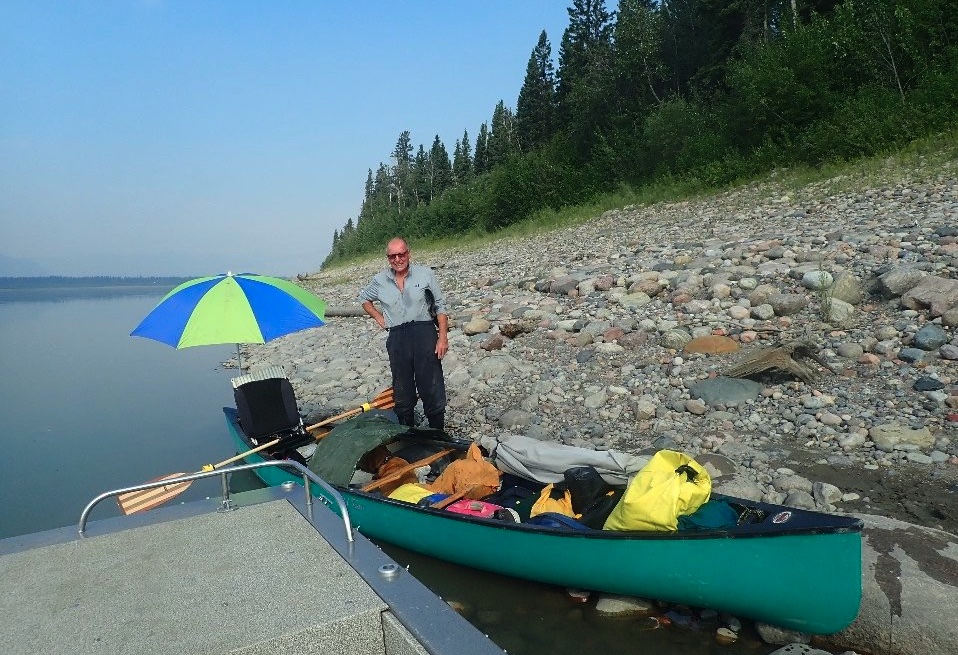Central Oregonians get hint of higher heat bills
Published 4:00 am Wednesday, November 29, 2006
If they haven’t already, many Central Oregonians will see higher heating bills this winter, officials from local utilities said Tuesday.
But some local businesses say they’re ready and the profit impact will be minimal, despite low temperatures pushing single digits this week.
Most electricity, natural gas and propane providers for the region have either implemented rate hikes in the last few months or are planning to soon.
Seattle-based Cascade Natural Gas Corp., the primary natural gas provider in Central Oregon, raised monthly residential rates by 7.9 percent effective Nov. 1. It boosted commercial and industrial rates 9 percent and 9.8 percent, respectively.
”It’s what we’re paying our suppliers,” said Larry Rosok, Cascade’s vice president of human resources and corporate secretary. ”We’re essentially passing that cost on, and we don’t make money on any (of the increases).”
Given the average monthly consumption, residential customers can expect to pay about $5.70 more per month for 62 therms of gas usage, according to Cascade, which serves 41,000 customers in Central Oregon.
Industrial establishments consuming an average of 9,853 therms per month will see their bills jump by $907.
Electric bill hikes won’t be as hefty.
Portland-based Pacific Power will raise rates by about 5 percent for all customers starting Jan. 1, equating to a $3.71 increase for the typical monthly household consumption of 1,000 kilowatt-hours. The company serves 65,000 people locally.
”We were facing significant cost increases in fuel, investment in generation, transportation and distribution infrastructure,” said Pacific Power spokeswoman Bekki Witt.
Redmond-based Central Electric Cooperative, however, has no plans for increases, said Jim Crowell, member services director.
Crowell is weary of power consumption this winter, however. Too many visitors traveling to the region for skiing, for example, could push the power system to its limits, he said.
”If there’s plenty of snow and everyone books their vacations here, there could be very heavy usage,” Crowell said, noting the presence of local resorts like Eagle Crest. ”There’s usually a huge influx of people during the holidays and everyone’s turning their ovens on, so we’re watching (the situation) very closely.”
One Central Oregon hotel is expecting a busy winter.
The Marriott TownePlace Suites in Bend is fully booked through February, said General Manager Amy Reynolds. But the hotel, which uses natural gas to dry guests’ laundry and heat the building’s air and water, has anticipated the increased rates.
”We did catch wind of the rate hikes, and we have budgeted as such,” Reynolds said. ”And with housekeeping only twice a week for guests with extended stays and the swimming pool closed, (heating costs are) actually a little lower for us at this point.”
Officials at a local company with a 20,000-square-foot facility said they’re also prepared.
TYM-USA Inc., a tractor manufacturer, has fitted its Redmond distribution center with ceiling fans to keep warm air close to the building floor, where workers are located. The devices minimize the space within the building that requires heating, said Vice President Dale Owen.
”We’ve got systems in place to keep our heating costs down, so we’re really not worried at all,” said Owen, whose company uses natural gas to heat the building.
Propane suppliers in Central Oregon declined to provide pricing information, citing the fuel’s competitive market. But one company said it raised rates in August because propane, a byproduct of fossil fuels, is sensitive to crude oil pricing.
Customers’ fuel consumption declined after the rate hike, said Dave Ezell, operations manager for CoEnergy LLC in Redmond.
”What we’re seeing is more conservation on the part of those customers,” Ezell said. ”And the fall was mild, so sales weren’t what we were looking for. But with more growth in Central Oregon (beyond the natural gas network), we’ll still sell more propane this year, even if winter’s mild.”
He said propane supply shouldn’t be a problem.
Both Cascade Natural Gas’s Rosok and Pacific Power’s Witt are confident there won’t be supply problems with their respective utilities, regardless of demand.
Last winter, heavy usage in some Central Oregon neighborhoods led to a drop in natural gas pressure in some areas, Rosok said.
”Those problems were very limited last year, and hopefully we won’t see that again this year,” he said. ”No issues have been reported so far.”
How much?
* Cascade Natural Gas raised monthly residential rates by 7.9 percent Nov. 1.
* Pacific Power will raise rates by about 5 percent effective Jan. 1.








